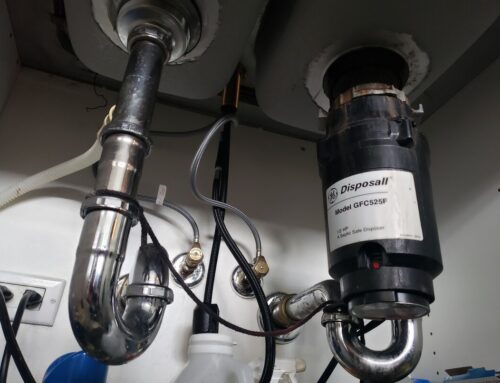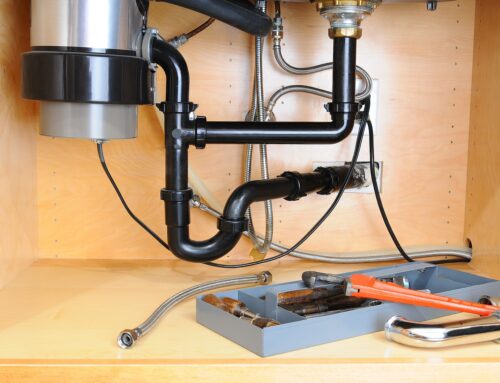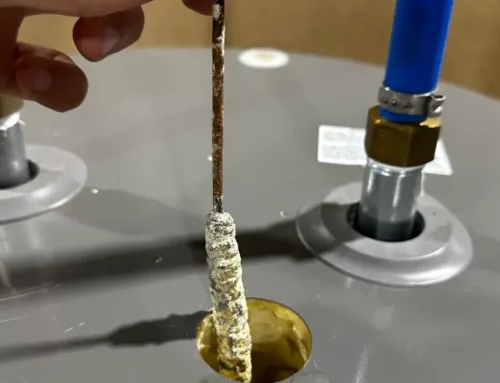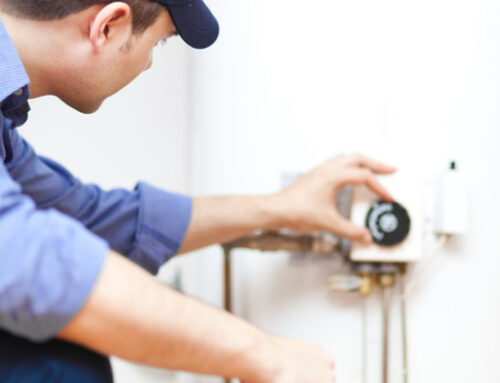Can You Put Coffee Grounds Down the Sink?
Coffee is widely regarded as one of the most cherished beverages across the globe. In fact, it’s estimated that over 2 billion cups of coffee are consumed every day worldwide. As coffee enthusiasts, we often find ourselves left with a pile of coffee grounds after brewing a fresh cup. Naturally, the question arises: Can you put coffee grounds down the sink? Let’s explore the various aspects of this question and provide you with a comprehensive answer.
Coffee grounds, being organic matter, may seem like a logical choice to dispose of down the sink. However, plumbing experts from Lifetime Plumbing advise against this practice. While coffee grounds may seem harmless, they can actually cause significant damage to your plumbing system and the environment.
One major issue with disposing of coffee grounds down the sink is the potential for clogged drains. Coffee grounds can accumulate and form a dense, sludgy mass that can obstruct your pipes, leading to backups and costly repairs. This is especially true for older plumbing systems, where pipes have already accumulated debris and are more prone to clogging.
Another problem with putting coffee grounds down the sink is their impact on the environment. When coffee grounds enter the sewage system, they mix with other organic matter and create a thick slurry that can block filters at wastewater treatment plants. These clogs can lead to malfunctions and overflow incidents, causing pollution and potential harm to aquatic ecosystems.
So, if you can’t put coffee grounds down the sink, what should you do with them?
One simple and eco-friendly solution is composting. Coffee grounds make an excellent addition to compost as they are rich in nitrogen, a crucial nutrient for plant growth. Composting coffee grounds not only helps the environment but also enriches the soil, making it more fertile for your garden or potted plants.
If composting is not an option, coffee grounds can also be used as a natural cleaning agent. The gritty texture of coffee grounds makes them effective at scrubbing away stubborn stains and grime. They can be used to clean kitchen surfaces, remove odors from the refrigerator, or even act as an exfoliating scrub for your skin.
Additionally, coffee grounds can be repurposed for gardening. They can be sprinkled around plants to deter slugs, snails, and other pests. They also act as a natural fertilizer, assisting in the growth and health of your plants.
If throwing coffee grounds into the trash seems wasteful, consider contacting local coffee shops or community gardens. Many organizations gladly accept coffee grounds as they can be added to their compost piles or used for gardening projects.
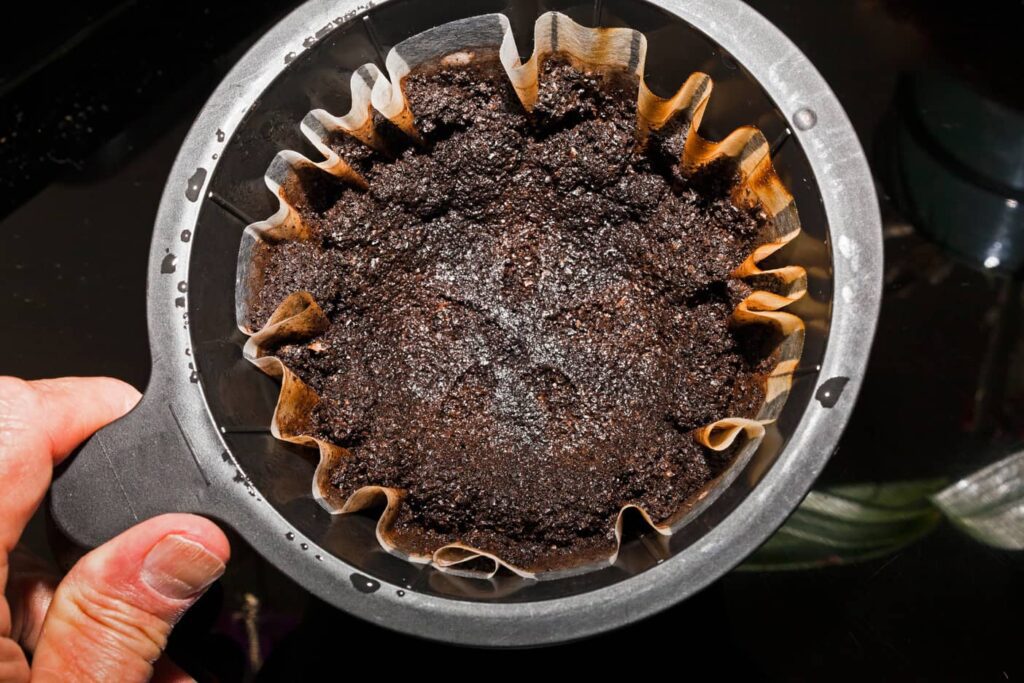
What to Do If You Put the Cofee Grounds Down the Sink
If you accidentally put coffee grounds down the sink, here are a few steps you can take to mitigate any potential issues:
Run hot water: Immediately turn on the hot water tap and let it run for a couple of minutes. The hot water can help break down the coffee grounds and flush them away.
Use vinegar and baking soda: If the coffee grounds are stubborn and not easily washed away with hot water alone, you can try using a mixture of vinegar and baking soda. Please pour one cup of baking soda into the drain, and subsequently add one cup of vinegar. Let the mixture fizz for a few minutes, then flush it with hot water.
Utilize a plunger: If the coffee grounds are causing a clog, you can try using a plunger to dislodge them. Please position the plunger atop the drain, ensuring a secure and airtight seal. Push up and down vigorously to create suction, then release. Repeat this process a few times to see if it helps clear the drain.
Use a drain snake or wire hanger: In case coffee grounds have created a more significant clog, a drain snake or a straightened wire hanger can be used. Insert the snake or hanger into the drain and gently push and twist it to break up and remove the blockage.
Contact a professional plumber: If none of the above methods work, or if you’re uncomfortable handling the situation yourself, it’s best to contact a professional plumber. They have the necessary tools and expertise to unclog the drain effectively.
Discover effective tips on unclogging your kitchen sink by reading this helpful article.
Conclusion
In conclusion, while the temptation to dispose of coffee grounds down the sink may be strong, it is not a recommended practice. The potential harm to your plumbing system, the environment, and the strain on wastewater treatment facilities far outweigh the convenience.
Instead, consider composting, using coffee grounds as a cleaning agent, or repurposing them for gardening. Let’s brew our coffee grounds responsibly and enjoy our favorite beverage while minimizing our impact on the planet.
Curious about how a sink is put together? Dive into our sink parts diagram article for a closer look.

